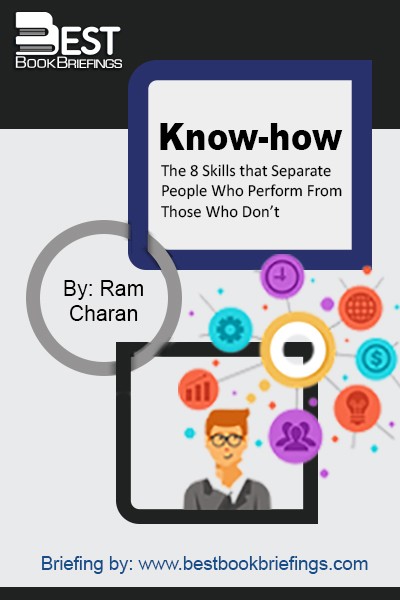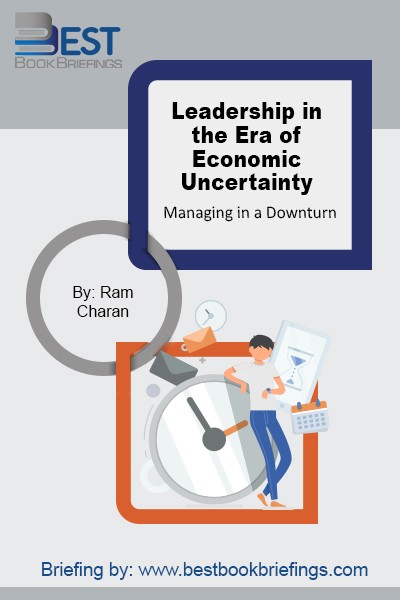Know-how
The 8 Skills that Separate People Who Perform From Those Who Don’t
Number of pages: 304
Publisher: Random House
BBB Library: Leadership, Corporate Success
ISBN: 978-1905211234
Editorial Review
Although personal traits are important in making successful leaders, it is the know-how that separates those who build long-term values from those who hit short-term targets. Personal characteristics do not guarantee sound judgment or realistic vision, and their values are greatly diminished without the know-hows that could be learned and developed through experience. The command of these know-hows enables you to diagnose any situation and take appropriate actions. However, they must be combined with the right personal traits to make optimum use of them as they interact with one another and with the know-how. The know-how is about what you must do and be, and your ability to succeed depends on practicing it while at the same time refining your personal traits through a series of deliberate, appropriately challenging assignments, combined with self-reflection.
Book Reviews
Books on Related Topics

Confidence is the bridge connecting expectations and performance, investment and results. Sometimes it seems as if there are only two states of being: Boom or Bust. When things are up, it feels as if they will always be up. People come to believe they can succeed at anything they try; companies

Confronting Reality will change the way you think about and run your business. It is the first book that shows how to connect the big picture of the new era of business with the nitty-gritty of what to do about it. Through a completely new way to understand and use the

66 million years ago, life on earth was a little different. These were the waning days of the Cretaceous Period, hot and humid, when much of the world’s current land mass was still submerged under massive oceans. Our first maples, oaks, and beeches were just starting to emerge, and the earth

Corporations are like shells racing. Each shell contains strong, highly motivated athletes, eight persons. The key to their success is that they row in synchronism. Imagine a shell populated by eight highly conditioned and trained rowers, but with each rower having a different idea about how to achieve success: how many

In The One Thing You Need to Know, Buckingham gives the readers an invaluable course in outstanding achievement—a guide to capturing the essence of the three areas fundamental to professional activity. Great management, great leading, and career success—he draws on a wealth of examples to reveal the single controlling insight that




